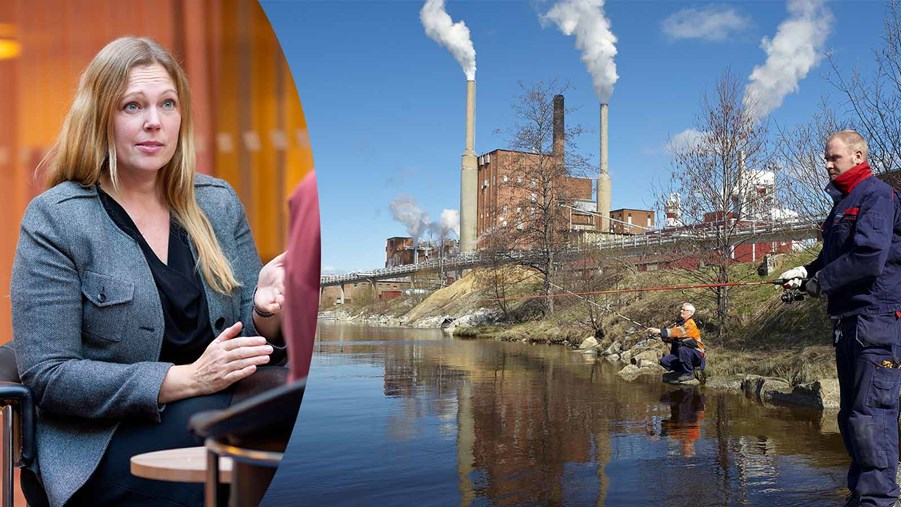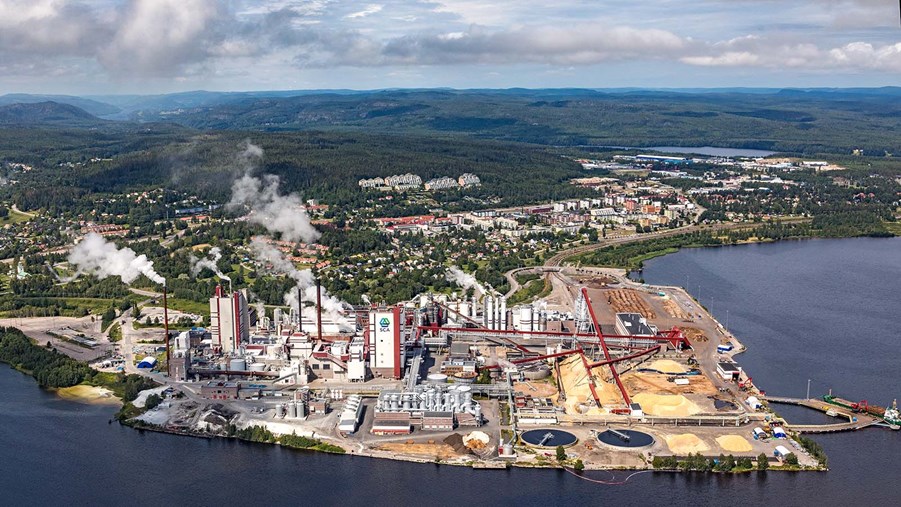
The European Commission has proposed a revision of the Industrial Emissions Directive (IED). The directive has been put in place to prevent and control pollution, as well as to harmonize the requirements for industrial installations in Europe. By revising the IED, the Commission seeks to speed up the green transition of the EU economy. The Swedish forest-based industry fears the proposal might have the opposite effect.
“When it comes to environmental investment and innovation, the Swedish forest-based industry is a forerunner. We are positive to EU regulation on emissions, including the IED, which works well. The proposed revision will however make it more difficult to optimize environmental benefits according to what is best suited to a specific location and possible to achieve technically”, says Helena Sjögren, Environmental Director at the Swedish Forest Industries.
The IED regulates emissions from around 52 000 industrial installations across Europe. The requirements and targets are based on Best Available Techniques (BATs), which are determined jointly by different stakeholders through the Sevilla Process.
The IED risks becoming less flexible
The general approach of the European Commission’s proposal is that all emissions should be minimized. However, certain types of emissions are interconnected and difficult to minimize simultaneously. For example, when bioenergy is used to reduce carbon emissions from oil at a specific installation, the generation of nitrogen oxides will increase slightly, as the renewable fuel contains more nitrogen.
“What is best for the environment needs to be decided in each individual case, based on what is technically possible. The proposed revision will make the IED less flexible and, in some cases, impossible to implement technically. It risks doing more harm than good to the environment”, says Helena Sjögren.
Binding requirements for resource efficiency
The European Commission’s proposal imposes binding requirements for resource efficiency. Helena Sjögren doubts such requirements will have the desired effect.
“It is very difficult to make a fair comparison between two different installations or products. Resource efficiency is already a major priority for all companies that wish to remain competitive on a global market. Binding requirements for resource efficiency risk being counterproductive if they end up favoring products of poor quality”, says Helena Sjögren.
Mandatory transformation plans
The EU Commission also proposes a requirement on mandatory transformation plans for larger installations, aiming to create a faster path toward climate neutrality by 2050. The forest-based industry predicts an opposite scenario, where already time-consuming procedures become even more complicated.
“In general, all major industrial investments lead to a net reduction in environmental impact. We need to ensure that such improvement become easier by fast-tracking cumbersome permit processes. The European Commission’s proposal risks having the opposite effect and slowing down the green transition”, says Helena Sjögren.
“The directive must retain its main purpose - to reduce emissions to air and water. The Sevilla Process is an effective method for determining performance levels that are ambitious and technically feasible. The IED works well in its current form and the European Commission should not try to fix something which is not broken”, Helena Sjögren concludes.

